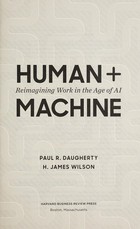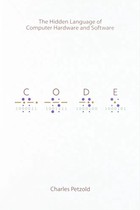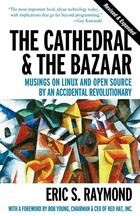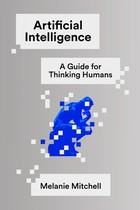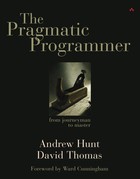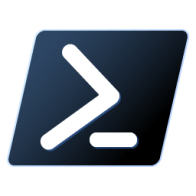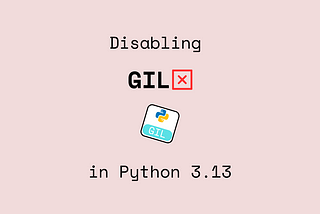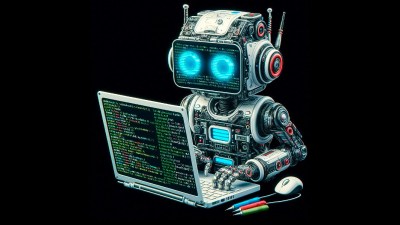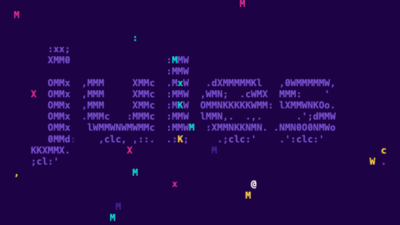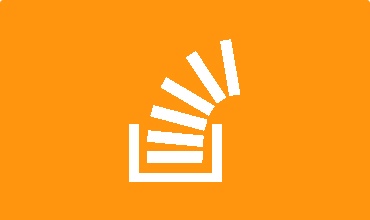
The Numbers Don't Lie
Stack Overflow, once the undisputed king of developer Q&A platforms, is experiencing a dramatic decline in new questions and user engagement. Recent data shows a significant drop in activity as AI-powered coding assistants like ChatGPT, GitHub Copilot, and Claude have fundamentally changed how developers seek help.
The AI Revolution in Code Assistance
The rise of Large Language Models (LLMs) has created a paradigm shift in how developers approach problem-solving. Instead of crafting carefully worded questions and waiting for community responses, developers can now get instant, contextual answers from AI assistants.
The Irony of Training Data
There's a fascinating circular dependency at play: AI models were largely trained on Stack Overflow's vast repository of questions and answers. Now these same models are reducing the platform's relevance, potentially starving future AI iterations of fresh, human-generated content.
This creates several concerning scenarios: - Training Data Stagnation: As fewer developers contribute to public forums, AI models may struggle to learn about new technologies and patterns - Echo Chamber Effect: AI responses based on historical data may reinforce outdated practices - Innovation Bottleneck: Novel solutions that emerge from community discussion may become increasingly rare
What Stack Overflow Is Losing (And Gaining)
The decline isn't uniform across all types of questions:
Questions AI Handles Well:
- Basic syntax queries
- Common configuration issues
- Standard algorithm implementations
- Well-documented framework usage
Questions Still Requiring Human Expertise:
- Complex debugging scenarios
- Novel architectural challenges
- Edge cases in emerging technologies
- Context-specific business logic problems
The Community Factor
Stack Overflow's decline isn't solely due to AI competition. The platform has long struggled with: - Hostile Environment: Aggressive moderation and dismissive responses to newcomers - Duplicate Question Obsession: Over-zealous marking of questions as duplicates - Gatekeeping Culture: High barriers to entry for new contributors
These cultural issues made the platform ripe for disruption by more accessible AI alternatives.
Future Implications for Code Quality
The shift toward AI-assisted development raises critical questions about long-term code quality:
# AI-generated code often follows common patterns
def process_data(data):
result = []
for item in data:
if item is not None:
result.append(item.upper())
return result
# But may miss more elegant solutions
def process_data_improved(data):
return [item.upper() for item in data if item is not None]
Potential Risks:
- Pattern Reinforcement: AI may perpetuate suboptimal but common coding patterns
- Reduced Innovation: Developers may become less likely to explore alternative approaches
- Knowledge Fragmentation: Loss of centralized, searchable knowledge repositories
Potential Benefits:
- Faster Development: Immediate access to solutions
- Lower Barrier to Entry: Reduced intimidation factor for new developers
- Personalized Learning: AI can adapt explanations to individual skill levels
The Path Forward
For the developer ecosystem to remain healthy, we need:
- Hybrid Approaches: Combining AI efficiency with human insight
- New Platforms: Community spaces that complement rather than compete with AI
- Quality Curation: Systems that preserve and enhance valuable human-generated content
- Continuous Learning: AI models that can incorporate real-time developer feedback
Conclusion
Stack Overflow's decline marks the end of an era, but not necessarily the end of collaborative problem-solving in software development. The challenge ahead is ensuring that as we embrace AI assistance, we don't lose the collective intelligence and innovative thinking that made platforms like Stack Overflow valuable in the first place.
The real test will come in the next few years when new technologies emerge that weren't part of AI training data. Will developers still know how to ask good questions, think critically about solutions, and share knowledge with their peers? The future of software development may depend on our ability to maintain these human skills alongside our AI tools.
